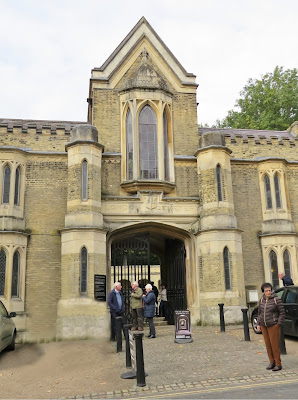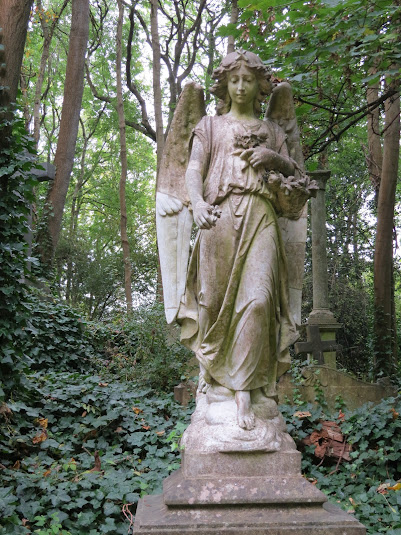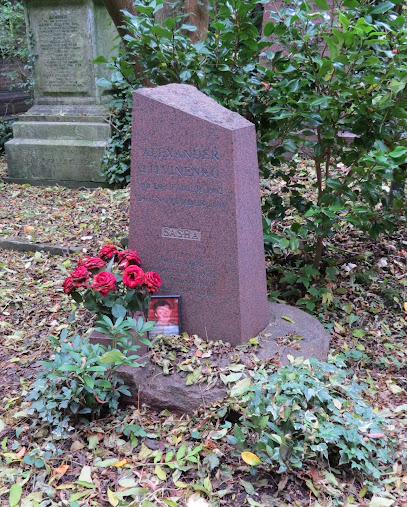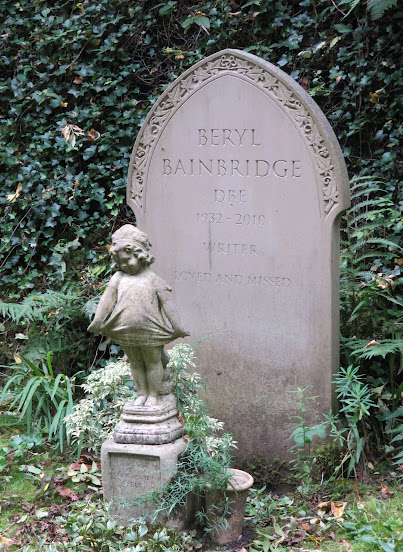A gentleman in Moscow by Amor Towles
"A gentleman can live through anything."
Oscar Wilde
I have read a lot of excellent books, but now and again along comes a novel that is outstanding, this is one of those. The beautiful prose, the story, the wonderful characters, words can’t really do it justice. I immersed myself completely in the life of Count Rostov and his friends, I wanted to visit the Metropol hotel to meet them.
Set amongst the chaotic birth of a brutal communist Russia the novel opens on the 21st June 1922, with Count Alexander Ilyich Rostov being tried by a Bolshevik tribunal in front of the Emergency Committee of the People’s Commissariat for Internal Affairs.
The charge: for being part of the leisure class, corrupt, and a threat to the new communist ideology.
His crime: he wrote a poem supporting the pre-revolutionary movement.
Prosecutor Vyshinsky: State your name.
Rostov: Count Alexander Ilyich Rostov, recipient of the Order of Saint Andrew, member of the Jockey Club, Master of the Hunt.
Vyshinsky: You may have your titles; they are of no use to anyone else. But for the record, are you not Alexander Rostov, born in St. Petersburg, 24 October 1889?
Rostov: I am he.
Vyshinsky: Before we begin, I must say, I do not think that I have ever seen a jacket festooned with so many buttons.
Rostov: Thank you.
Vyshinsky: It was not meant as a compliment.
Rostov: In that case, I demand satisfaction on the field of honour.
[Laughter]
Secretary Ignatov: Silence in the gallery.
The Count is found guilty and sentenced to indefinite house arrest at the Metropol Hotel in Moscow. This opening scene whets the appetite for the treats waiting for us in the novel - the Count at odds with the ruling party, his adherence to a gentleman’s behaviour, his courage, and the humour with which he tackles life.
Prior to his arrest, the Count had lived a life of luxury in the hotel. After the verdict he is moved to the attic, and a small room that requires him to make sacrifices in terms of treasured possessions, liberty, social standing and relationships. But he accepts all these challenges with resolve, integrity, and the dignity becoming of a gentleman.
At first the Count feels isolated, anxious and aimless but gradually he befriends staff and clients at the hotel, and when he meets adorable nine year old Nina who lives in the hotel, a whole new world opens up to him. Their friendship begins over lunch when Nina invites herself to the Count's table by simply pulling up a chair, sitting down, and staring at his food. Nina manages to coerce him into joining her on one of her many clandestine excursions - exploring the hotel's secret passageways and locked rooms, courtesy of the master key she has somehow acquired. She shows him the hotel's network of corridors and rooms, the boiler room, the electrical room. By exploring the physical limits of the hotel, taking a job at the hotel restaurant and finding new experiences he starts to feel useful again, and feels a renewed modicum of liberty.
Sixteen years into the Count’s time in the Metropol, Nina returns as an adult, and asks if the Count can watch over her five-year-old daughter Sofia for a few months. Sofia’s stay at the Metropol becomes much longer than anticipated, and while taking care of her, he gains an even greater sense of purpose.
The hotel is the home for many meetings and dinners of the top ranking members of the politburo. Some of the most tumultuous decades in Russian history unfold outside the hotel’s doors, and, through the Counts' eyes we experience the many changes in Russia, from Stalin to Khrushchev.
A masterpiece, captivating from beginning to end – and what an ending, the telephone calls - a touch of genius.
I was thinking about this book even when I wasn't reading it.
The Count was a grand human being, a true gentleman. I would love to have shared a glass of wine with him. He was intelligent, witty, charming, wise and kind. He had a generous soul. I loved this man.
Highly recommended!!
∼ Happy Reading ∼
Polly x

















































